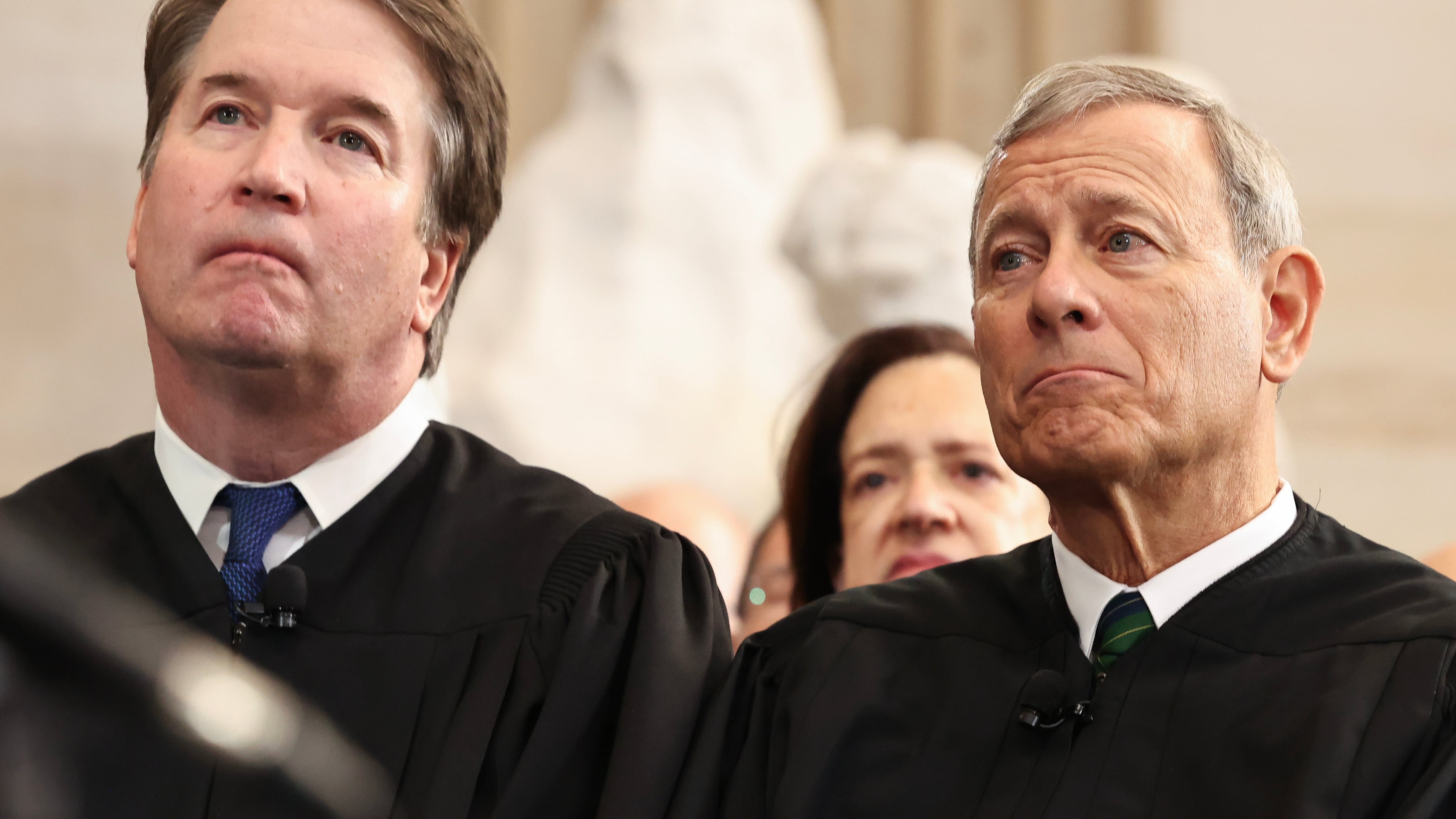
Kavanaugh Acknowledges Division Over Supreme Court's "Shadow Docket"
Supreme Court Justice Brett Kavanaugh recently spoke about a growing concern within the court: the "shadow docket." This refers to rulings made quickly, often in emergency situations, without the typical full briefing or detailed explanation. While these decisions are technically temporary, they have drawn criticism for their lack of transparency and potential for impacting important policy issues.
Speaking at a conference in Missouri, Justice Kavanaugh, a Trump appointee, acknowledged that the justices hold differing views on whether these shadow docket rulings require more detailed explanations. “I think there are different views among members of the court about when to do it and when not,” Kavanaugh said, emphasizing the independence of each justice: “We’re nine independent people.”
The "shadow docket" has become a point of contention, particularly during the Trump administration, with critics arguing it was used to swiftly advance policy goals. But what exactly is the impact, and why is it causing such a stir within the Supreme Court? This is a complex issue, but let's break it down.
Understanding the "Shadow Docket" and its Implications
Essentially, the "shadow docket" allows the Supreme Court to make decisions on pressing matters without the typical rigorous review process. Think of it as a fast-track lane for legal issues that demand immediate attention. However, this speed comes at a cost. The lack of detailed explanations and public debate raises questions about transparency and accountability.
One concern is that these quick rulings can have far-reaching consequences, effectively shaping policy without the benefit of thorough legal analysis. For example, the court has used the shadow docket to rule on issues ranging from deportations to military policy. These decisions, though technically temporary, can have a significant and immediate impact on people's lives.
Justice Kavanaugh addressed these concerns, stating that the court does deliberate over issues presented in the "shadow docket," even if the outcome appears rushed. He also highlighted the potential "danger" of offering too much explanation, suggesting it could lead to a "lock-in effect," where an initial snap judgment becomes solidified prematurely.
Differing Views Among the Justices
The debate over the "shadow docket" highlights a fundamental disagreement within the Supreme Court itself. Justice Elena Kagan, for instance, has argued that the court has a "real responsibility" to provide better explanations for its decisions, especially when dealing with emergency matters.
This internal division raises questions about the future of the Supreme Court and its role in American society. Will the court continue to rely on the "shadow docket" for quick rulings, or will it prioritize transparency and thorough deliberation, even in urgent cases?
Maintaining public confidence in the judiciary is crucial, and Justice Kavanaugh acknowledged the importance of understanding how the court's decisions are "conveyed and received and understood by the American people." This is a conversation that is sure to continue as the Supreme Court navigates the complex legal landscape of the 21st century.
What are your thoughts on the Supreme Court's "shadow docket"? Share your opinion in the comments below!